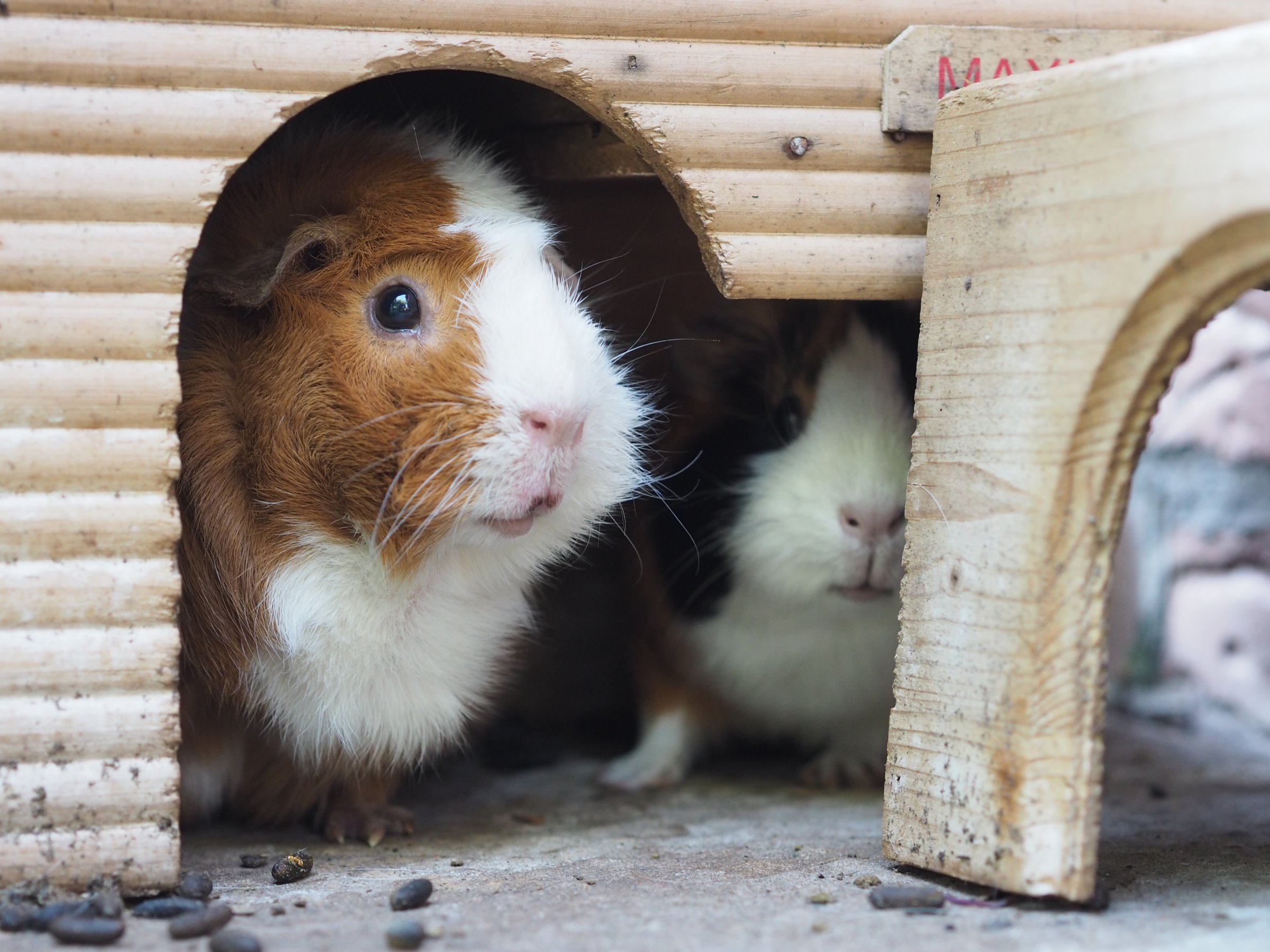
The Centers for Disease Control and Prevention (CDC) on Tuesday issued an icky warning about pet guinea pigs: they may be spreading salmonella.
The CDC has identified nine people who became sick due to a strain of salmonella bacteria that can likely be traced back to contact with pet guinea pigs, according to a report from the agency. The cases affect residents of eight different states and were reported between July 2015 and December 2017. One person was hospitalized, but no deaths have been reported.
Salmonella is a serious bacterial infection that results in gastrointestinal distress and can develop into a life-threatening condition if infection spreads beyond the intestines, according to the CDC. It is typically contracted by eating contaminated food or water, but rodents can also carry and transmit strains of the bacteria, even when they’re kept as domesticated pets.
Of seven patients interviewed by the CDC, four said they had been in contact with pet guinea pigs in the week before showing symptoms. Genome sequencing also showed that the strain responsible for the outbreak was similar to bacteria collected from a guinea pig belonging to one of the sick people, pointing to a link between the animals and the disease’s spread.
While the last case in the outbreak was reported in December, the CDC reminds guinea pig owners to wash their hands after any contact with the pets or their habitats, to avoid playing with the rodents in a manner that could cause bites and to clean pet cages and supplies outside, if possible. Families with children younger than five, pregnant women and elderly adults also shouldn’t have pet rodents because of the risk of infection, according to the report.
Guinea pigs are only the latest probable source of a salmonella outbreak. In the past few months, the herbal supplement kratom, chicken salad and dog food have all been blamed for spreading the infection.
More Must-Reads From TIME
- The 100 Most Influential People of 2024
- The Revolution of Yulia Navalnaya
- 6 Compliments That Land Every Time
- What's the Deal With the Bitcoin Halving?
- If You're Dating Right Now , You're Brave: Column
- The AI That Could Heal a Divided Internet
- Fallout Is a Brilliant Model for the Future of Video Game Adaptations
- Want Weekly Recs on What to Watch, Read, and More? Sign Up for Worth Your Time
Write to Jamie Ducharme at jamie.ducharme@time.com